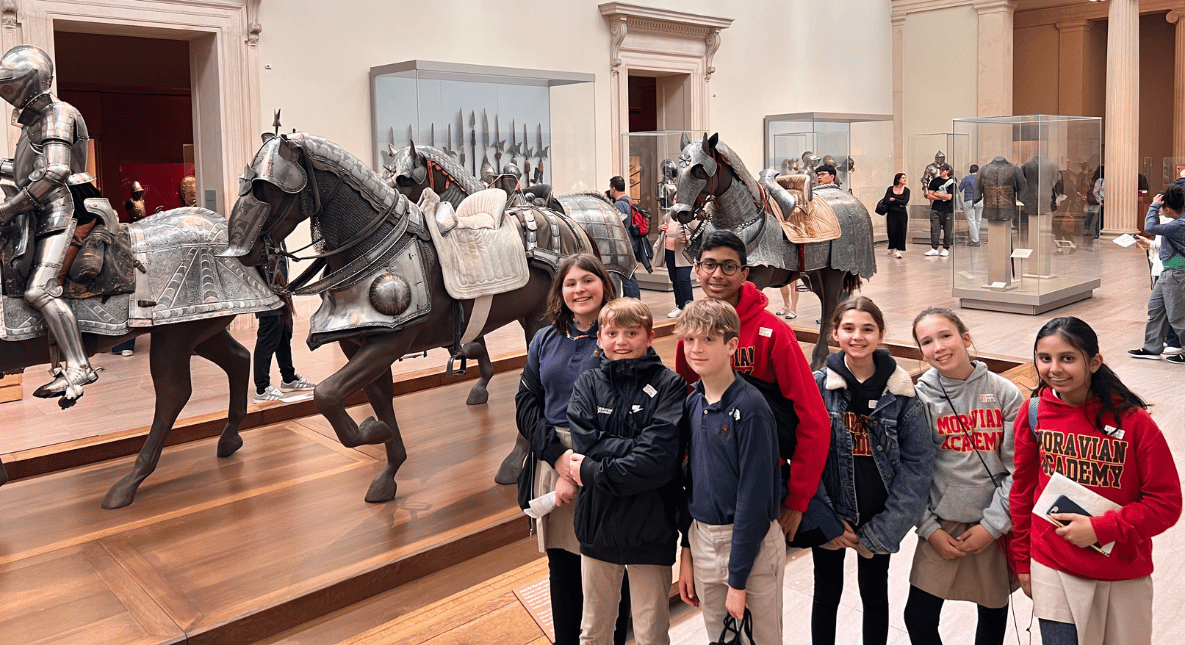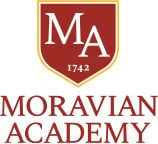Olivia Wee '21 Pens and Presents Essay on Responding to What Ails America
During her time as a Girl Security scholar, Olivia Wee '21 presented her essay "A Young American's Answer to What Ails America" at a virtual event with Dr. Fiona Hill, Senior Fellow with the Center on the United States and Europe at The Brookings Institution, and Mark. P. Harvey, Spring 2020 Resident Fellow with the Harvard Institute of Politics.
Dr. Hill, a widely-revered public servant and leading expert on Russia, most recently served as Deputy Assistant to the President and Senior Director for European and Russian affairs on the National Security Council.
Read Olivia's essay, originally published by Girl Security, below:
A Young American's Answer to What Ails America
In 1787, after the Constitutional Convention, Benjamin Franklin was asked what form of government America would have and his answer was a republic if we could keep it. Franklin recognized that it is up to the citizens of this country to keep America a republic through civic engagement. An important part of this is by voting in elections. Yet, even in record turnout years like 2016, almost 6 out of 10 young Americans did not vote. November is almost here and this election will not only decide the next leader of this country, but whether we as a nation can overcome the current crisis in American politics and society. All of us should vote, and if you are not old enough yet, urge your family and friends to vote. Voting empowers each of us with a voice. If Americans do not vote, that voice is lost. However, voting is not only an exercise of a civil right. More importantly, it is the fulfillment of a civic duty. And when we vote, we should think about more than ourselves and our own interests, but also about the common good. However, civic engagement does not end with voting in one election. Democracy can be manipulated and democracies can die. History teaches this lesson with the failure of the Weimar Republic in Germany.
Today, our country is in a time of crisis. In the past, our country has had to face major crises in American politics and society: the Civil War, the Great Depression and the Vietnam War and racial violence during the 1960s. In 1967, renowned international relations scholar, Hans Morgenthau, wrote an article called “What Ails America?” Morgenthau describes “the disarray of foreign and domestic policies, the violence from above and below, the decline of the public institutions, the disengagement of the citizens from the purposes of the government, the decomposition of those ties of trust and loyalty which link citizen to citizen and the citizens to the government.” When we read those words, how can we not help but think that they apply equally to America today? America is currently off track from its transcendent purpose, which Morgenthau described as equality in freedom. My hope for America is that we can get back on track and meet the challenge of this crisis as this nation has always done before.
What I hope for the future of America is that we as citizens, both young and old, do the following five things:
1. Restore civic education - We cannot get America back on track if we neglect to educate each generation of Americans about their role as citizens and the purpose of America.
2. Elect “proper guardians of the public weal.” James Madison used this phrase in Federalist No. 10, warning of the dangers of factionalism. A proper guardian of the public weal, or public good, is someone who believes in our institutions and believes in the rule of law. These individuals hold the country above themselves and cronyism. We cannot allow ourselves to be divided and manipulated by tribalism. Not having your ideal candidate is no excuse to not vote.
3. Fight for “the survival of Reasonable Man.” Novelist John Le Carré used this phrase to describe the fight against totalitarian dogmas like fascism and communism. For us, this means we must continue the fight for reason and truth. As reasonable people, we should be tolerant, but we cannot tolerate the intolerant, the extreme and the unreasonable.
4. Be “upstanders.” The term “upstander” was used by Ambassador Samantha Power in her book, A Problem from Hell: America and the Age of Genocide, about the failure of the U.S. and international community to act and lead when witnessing instances of genocide. Unlike a bystander, an “upstander” is someone that prevents or otherwise “stands up” against genocide or other injustices. We cannot be apathetic to injustice both home and abroad.
5. Be willing to “get in good trouble.” Sometimes you have to pay a price and stand up to those in authority when it is the right thing to do. As the late great Congressman John Lewis urged, “Never, ever be afraid to make some noise and get in good trouble, necessary trouble.” At times, it may be necessary to fight the power. And for those in government, speak truth to power.
Olivia will continue to learn about national security as a 2020 Virtual National Security Language Initiative for Youth (Virtual NSLI-Y) scholarship recipient for the Russian Fall Semester language program. Virtual NSLI-Y, a virtual exchange program of the U.S. Department of State’s Bureau of Educational and Cultural Affairs, introduces U.S. high school students to languages critical to U.S. national security. Virtual NSLI-Y is a 10-week, beginner-level foreign language and culture experience, in line with the ACTFL World Readiness Standards, that will also introduce participants to the people and culture of places where the target language is spoken. American Councils for International Education (American Councils) manages the overall operations of the scholarship program.
Olivia Wee '21 plans to study international relations and to pursue a career in public service. You can read more about her work and achievements here.


 myMA
myMA











